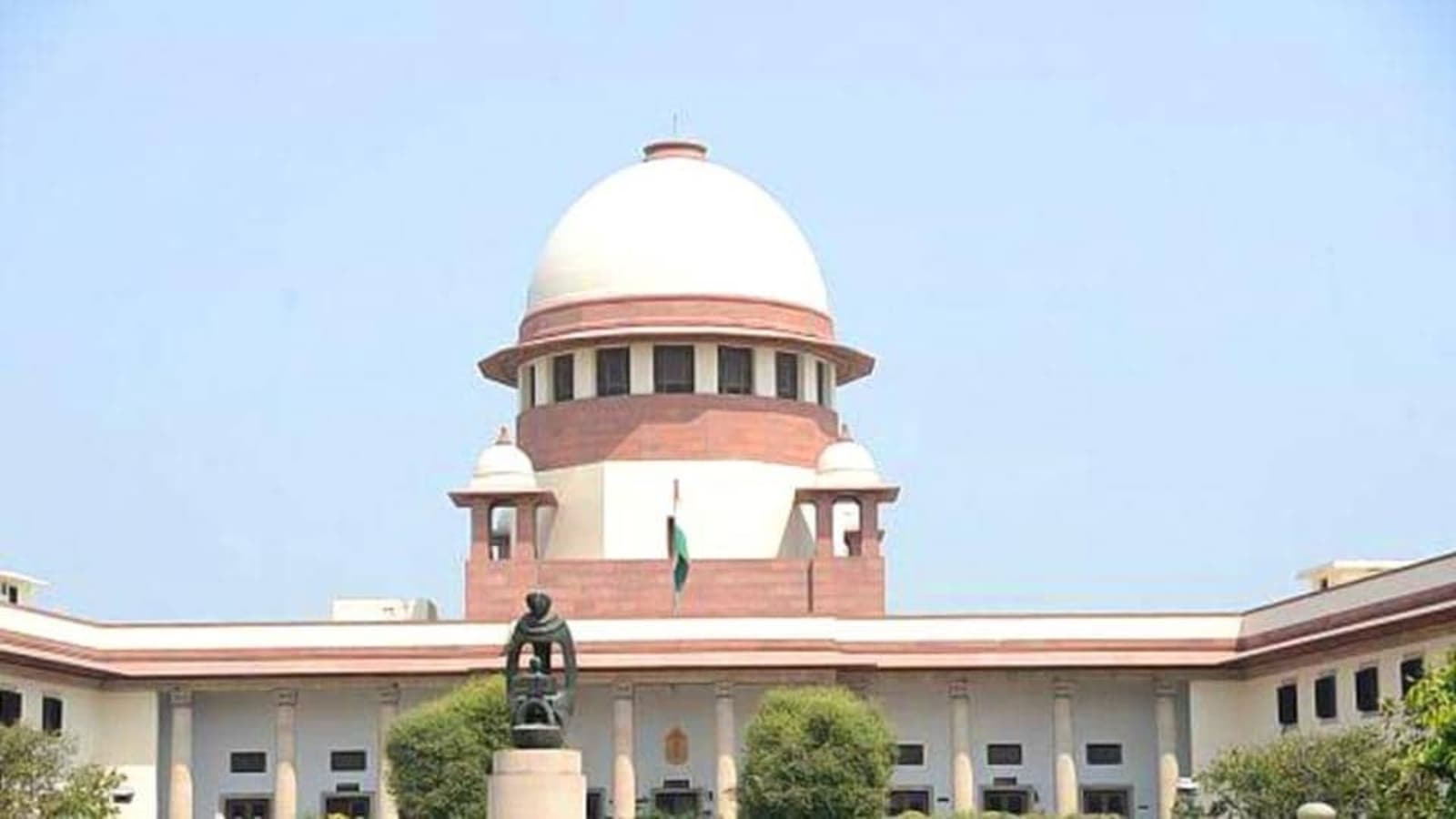The Supreme Court docket on Monday handed a blanket order staying all of the additional proceedings, earlier than the excessive courts, difficult the validity of the Data Know-how (Middleman Pointers and Digital Media Ethics Code) Guidelines 2021.
The order was handed after the Centre knowledgeable the highest court docket that regardless of the keep issued by the latter on March 23 final yr towards the proceedings pending in six issues earlier than 4 excessive courts (HCs)– Allahabad, Calcutta, Punjab & Haryana and Madhya Pradesh — there have been a number of different HCs continuing with the listening to on these guidelines, with some excessive courts having issued orders staying the operation of those guidelines.
On Monday, the Centre introduced an inventory of 15 such instances, the place an order for keep on additional proceedings could be required if the highest court docket was to lastly take a name on the validity of those guidelines relevant to digital media, information portals and over-the-top (OTT) platforms.
The petitions filed by people and information organisations corresponding to Press Belief of India, Basis for Unbiased Journalism (writer of The Wire), Quint Digital Media, Pravada Media Basis, Reside Legislation Media Non-public Restricted, Digital Information Publishers Affiliation, amongst others have been pending earlier than excessive courts of Delhi, Bombay, Madras, Kerala, Karnataka, and Orissa.
The bench of justices AM Khanwilkar and AS Oka issued discover to the involved information organisations on a switch petition filed by Centre and listed the issues for listening to on Might 19. The order stated, “We direct keep of additional proceedings within the excessive courts within the respective instances or to be filed hereafter till the subsequent date of listening to involving problem to the IT Guidelines, 2021 or the Cable Tv Modification Guidelines that are material of proceedings earlier than this court docket.”
The SC realized that with this batch of petitions, a clutch of petitions difficult hate speech and hate crimes required to be de-linked. The highest court docket requested solicitor basic Tushar Mehta to arrange an inventory segregating the issues difficult IT guidelines, Cable TV guidelines, petitions in search of a regulatory regime towards OTTs and digital web sites filed previous to the approaching of those guidelines, and eventually, the petitions in search of motion by states and Centre towards the cases of hate speech and hate crimes.
For hate speech issues, the bench directed the petition filed collectively by a former Patna excessive court docket choose Anjana Prakash and a journalist Qurban Ali demanding motion towards the organisers of the Dharam Sansad held in a number of locations, together with Haridwar (Uttarakhand), Delhi and Himachal Pradesh, to come back up on Might 19. The bench made it clear that the aim of segregating the issues was to have efficient listening to on each points individually.
Even whereas staying the proceedings earlier than the HCs within the problem to the IT Guidelines, the bench stated, “We’re solely staying the proceedings within the excessive courts. We gained’t contact the interim orders handed therein.” This got here as a reduction to a few of the media organisations which had been granted safety from any coercive motion beneath the foundations.
The IT Guidelines 2021 have been launched in February final yr. The brand new guidelines utilized to digital information media platforms, social media intermediaries and OTT platforms, bringing all digital media functionaries beneath a three-tier oversight mechanism. This comprised of a grievance officer accountable to take care of complaints for taking down indecent content material inside 24 hours of a criticism. The 2 remaining tiers of the oversight system consisted of a self-regulatory physique of specialists headed by a former choose, and an inter-departmental committee headed by a senior bureaucrat from the ministry of knowledge and broadcasting.
The petitions earlier than the varied HCs claimed that the foundations “curtail and limit” the liberty of press in India and the situations imposed beneath the Digital Media Ethics Code and tips have been onerous and past the scope of the Data Know-how Act 2000. As an example, the usage of obscure phrases corresponding to “good style” and “decency” within the ethics code, in response to lots of the petitioners, gave “pervasive management to state over revealed content material”.
Nonetheless, the Centre instructed the highest court docket that the foundations have been meant to offer speedy redressal of complaints to allow taking down dangerous content material, personally intimate footage or movies of people inside 24 hours. The foundations additionally require the media functionaries to cooperate with the federal government and investigating businesses for functions of verification of id, detection and prevention of crimes, and investigation or prosecution of offences.




